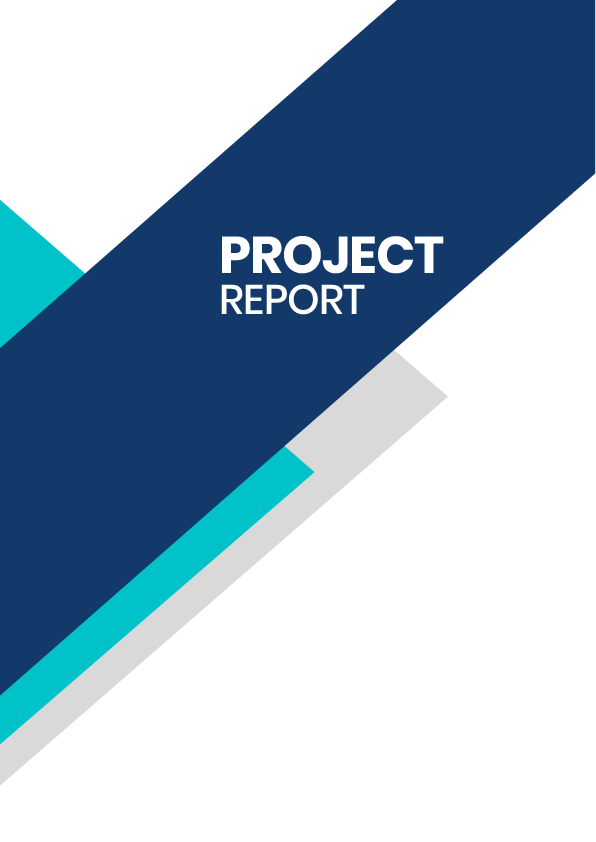Related Keywords
- Pulse Processing Unit
- Lentil Milling Unit
- Gram Flour Mill
- Pulses Cleaning Plant
- दाल मिल
- चना मिल
- Daily food need: Dal is eaten in almost every Indian home.
- Rising population: More people means more demand for food.
- Farming support: Farmers grow pulses, and dal mills help process them.
- Better profits for small farmers: They can sell directly to mills.
- Easy to set up: Machines are now more affordable and easier to use.
- Government support: Schemes and subsidies help small mill owners.
Manufacturing Setup and Financial Overview of Dal Mill
- Space Needed: You need about 1,000 to 1,500 sq. ft space. It should have room for cleaning, drying, milling, and packing.
- Machinery Cost: Basic dal mill machines cost around ₹3 to ₹5 lakhs. Full setup with cleaning, grading, splitting, polishing, and packing may cost ₹8 to ₹12 lakhs.
- Power Requirement: Machines need about 15 to 20 HP electricity connection. Backup generator is helpful in areas with power cuts.
- Raw Material: You will need pulses like tur, moong, urad, or chana. You can buy them directly from farmers or local markets.
- Production Capacity: A small unit can process 1 to 2 tons of dal per day. Bigger setups can handle 5 tons or more daily.
- Labor Needed: You’ll need 4 to 6 workers for running machines, packing, and loading. Skilled labor can improve quality and speed.
- Water Usage: Dal mills use very little water, mostly for cleaning. So water cost is low and setup is eco-friendly.
- Daily Expenses: Raw materials, power, wages, and packing may cost ₹10,000 to ₹20,000 per day. Bulk buying and efficient operations can reduce costs.
- Profit Margin: After all expenses, you can earn a profit of ₹2 to ₹4 per kg of dal. Monthly profit can go up to ₹50,000 to ₹1 lakh, depending on scale and sales.
- Government Support: Schemes like PMEGP, MUDRA, and NABARD offer loans and subsidies. FSSAI license and food safety training are also easy to get.
Who can Start a Dal Mill?
- Small business owners in villages or towns - People living in rural areas can start a dal mill near farms where pulses are grown. It helps farmers and earns profit.
- Farmers with extra land or shed - Farmers who grow dal or pulses can set up a mill and process their own crops. They can also earn by processing for others.
- People with some savings or loan - If you have some money or can get a bank loan, you can buy machines and raw materials to start the mill.
- Young people looking for business ideas - Youth who want to start a business instead of doing a job can start this. It needs basic training and effort.
- Women self-help groups (SHGs) - SHGs in villages can run a small dal mill together. It gives income and jobs to many women.
Affordable, Reliable, and Best Project Report for Dal Mill
- Setup and machinery cost
- Raw material sourcing and processing flow
- Labor and operational planning
- Sales potential and profit forecast
Need Help?
Please send a WhatsApp message to us, and our team of experts will guide you in creating a project report for bank loan.
How Finline Helps You Create a Perfect Project Report
1. Enter basic details
Simple questions about your assets and expenses.
2. Auto-calculate cost & projections
Our intelligent software calculates all financials automatically.
3. Download bank-ready PDF
Get a professional PDF report formatted for bank submission.
4. Submit for loan
Download and submit your report to banks for loan approval.
Why finline is better than competitors
- Unlimited edits
- Unlimited downloads
- Up to 10 years of projections
- Automated calculations
- Complete in 10 minutes
- No finance expertise needed
- Instant PDF generation
- Industry-specific projections
- Error-free financial statements

Frequently asked questions
Everything you need to know about the product and billing.
Finline is an online tool for creating a project report for bank loan online and see the report for free online. You only need to pay for downloading the report.
Can I change my plan later?
Yes , ofcourse you can upgrade from a lite plan to a pro at anytime.
Can I edit the report after download ? is it chargeable?
You can do unlimited edits even after download without any extra payment.
What is the ‘lite’ and ‘pro’ plan ? Is it subscription based plans?
Lite and Pro are just individual report download plans , not subscription plans.
Do I require a CA seal & Stamp for getting a loan?
Not at all, project report is a business plan about your business and it should be prepared by an entrepreneur . Nobody can predict and certify a business which is going to happen in the future.
Can I get any assistance from your team?
Yes of course, you can go to the help section in all pages were you can find chat button for seeking support.
Can I get a project report format for bank loan through Finline?
Yes! Finline provides a ready-to-use project report format for bank loan. You can create it online, see it for free, and download it instantly for your loan application. This makes your project report format for loan easy to complete in just a few steps.
Do you provide a project report format for bank loan in excel?
Yes. Finline offers a project report format for bank loan in excel that is easy to edit and customize. You can also download a project report format for loan in excel if you prefer working offline.
